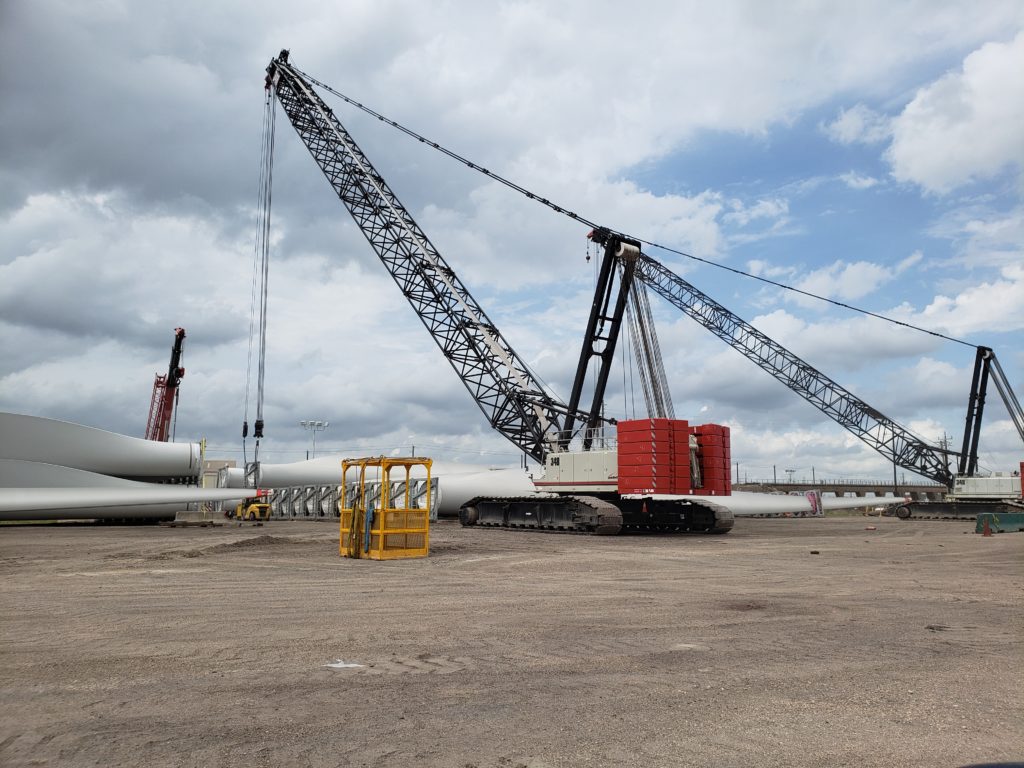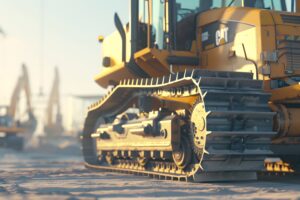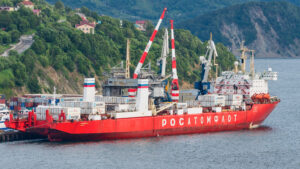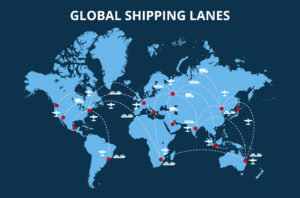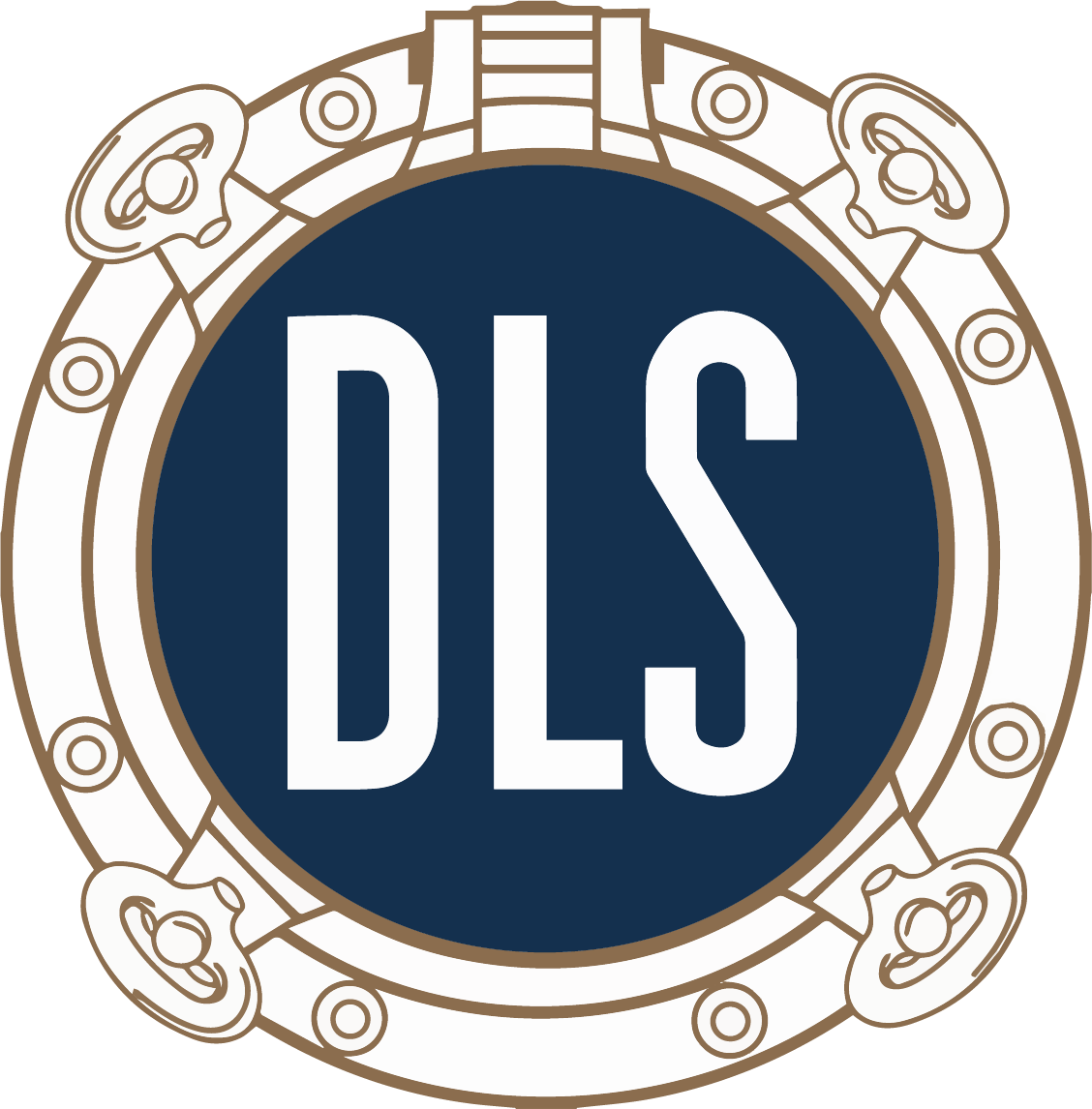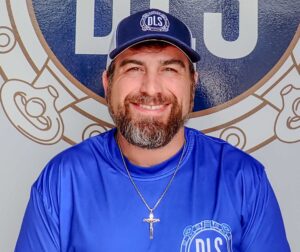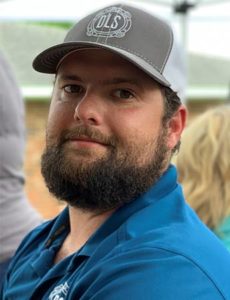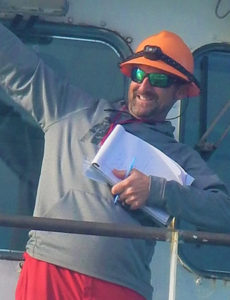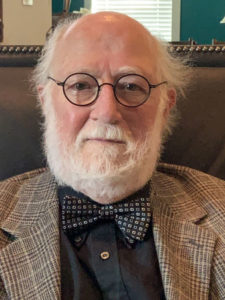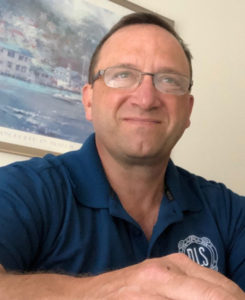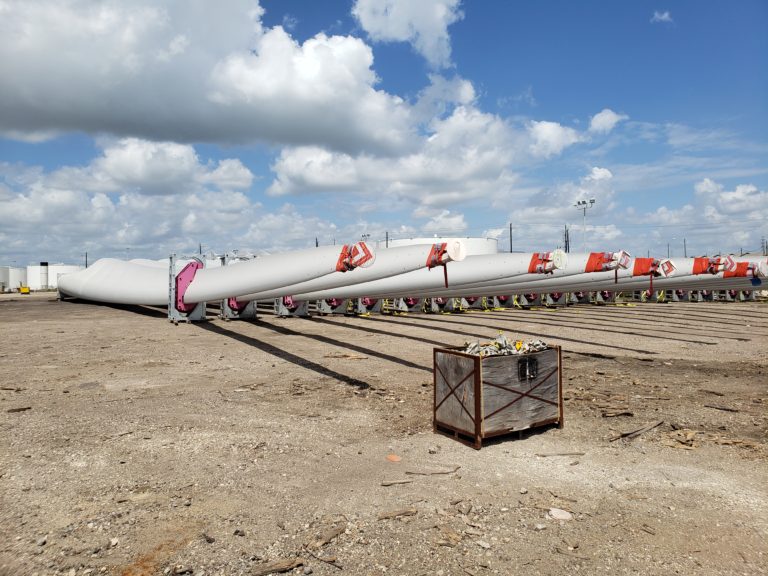
- January 18, 2022
- Industry, Marine News
- In Honor of 2021
“Don’t we all have the right to be wrong now and then?”
Roger Miller (1936-1992)
“Well I don’t worry bout a thing. Cause I know nothing’s gonna be alright”
Mose Allison (1927-2016)
As we begin a new year, I’d like to do a recap on the topics I discussed in 2021. Just about every subject matter has shifted, some like a glacier and others at, for the marine industry, flank speed.
Last January, I wrote a blog that discussed whether appraisal methods meet acceptable standards. This topic would fall into the glacier category, with very few, if any, shifts as banks continue to rely on asset appraisals that are not compliant with International Valuation Standards (IVS). Of course, many deals are not asset based, but vessel appraisals are made a part of the deal documentation and can play into deal covenants. Also, compliance with USPAP/IVS can arise when asset values are reviewed by regulators and accountants in M&A deals, taxation, or filings of publicly traded entities.
In February, I wrote the blog LNG is here- How is it Impacting the Industry? about the variety of fuels that will/may be available for powering vessels in a future controlled by regulations to reduce production of greenhouse gases (GHG). While the horse race analogy I used then is still relevant, the details of the competition are getting clearer – along with the difficulties. Next month’s blog will go into detail on how the markets are looking at the various fuel alternatives.
In March, I wrote the blog Will the U.S. Join the Green Wave? about the U.S. move of the Ocean Based Climate Solutions Act of 2020 (OBCSA) and the U.S. walking away from the Paris Accords. Individual countries may no longer have as much leverage over global warming issues as international opinion has made world economics a factor in the move to reduce air pollution.
The regulators, mainly the International Maritime Organization (IMO) and the European Union, have produced regulations that will be coming into effect in the next few years that will force reduction in marine GHG emissions and force changes in how ships are powered, and even built. This has already begun with over 1000 ships over 5000 Gross Tons that are now operating or are to be built in 2022/2023 to comply with these new regulations. But it is also the customer base of ship operators who are pressing the operators to build greener ships. More on this later.
That blog also had a comment on how the decision to install scrubbers on vessels looked like a poor choice as the cost of low sulfur fuel oil (LSFO) dropped and the recovery of scrubber installation cost would take a while.
Over the past, year the cost differential between low and high sulfur fuel has varied and, depending on the market, scrubbers look like a reasonable gamble. I have read one comment stating that there appears to be no penalty in resale costs of scrubber equipped ships. Part of this might be that the purchasers find a plus in being able to operate such a ship without concern about the availability of LSFO or its possible high cost.
My May blog was a primer on wind farms. Since then, the only new information has been the confirmation of more being built around the world, with larger wattage capabilities, and at lower per mega watt costs. There have also been announcements of various designs of floating wind farm installations for waters that are too deep for foundation-based structures.
DLS and its allied drone group, DroneUp, have participated in trial inspection flights of the preliminary Duke wind farm installations off the Virginia coast. This is in addition to the DLS use of drones for inspection of vessels, including for ABS, and for inspections related to cargo and cargo damage as DLS is a regional Lloyd’s Agent.
June’s blog Do Green Ships Have a Nuclear Future? gave information on molten chloride fast reactors (MCFR), i.e., nuclear power for ships and other purposes. Since then, there has been more information on experimentation with other designs involving molten chloride and several new investors. There is a great deal of interest and study, but most commentators agree that it could be at least 20 years before this power source would be practical for commercial use.
I also revisited the money side of the greening of the industry and will be doing that again. As noted above, the ship owners’ customer base, manufacturers, shippers, charterers, as well as lenders, are pressing for “green” ships as part of their Environmental-Social-Governmental (ESG) compliance and marketing. Businesses are marketing their cradle to grave zero-emissions as part of their ESG credentials in domestic and international business. There will be more detail on this in the future.
After some delay due to general chaos and Hurricane Ida, my September blog White Oil covered the basics on the mineral lithium, and on the batteries constructed with the mineral. Not much has changed since, as experimentation continues toward building a better battery with more easily obtainable materials and a longer life. And the recycling of batteries and battery materials becomes more important.
The last blog of the year The US and Short Sea Shipping was about the American Marine Highway System and American ports and containerization. Since then, the Maritime Administration published a list of their 2021 grants for port improvements. You can find the full list here.
You will note that some grants are for port improvements or equipment that will help container movements, including water routes.
Future blogs will not just be about the future fuel battle but also about how efficiency and pollution will be measured. Most players are on board with the need to reduce pollution but measuring gains on a per vessel/per fleet basis is becoming very important. Money and some companies’ futures depend on them being a green leader, or at least in the middle of the scrum. Poor performers will not be welcome at the door of lenders, charterers, or shippers so how efficiency can be truly and transparently measured will be a battle.
Stay tuned.
-Norman Laskay
If you’d like to keep this conversation going, please email me at nlaskay@DLSmarine.com
